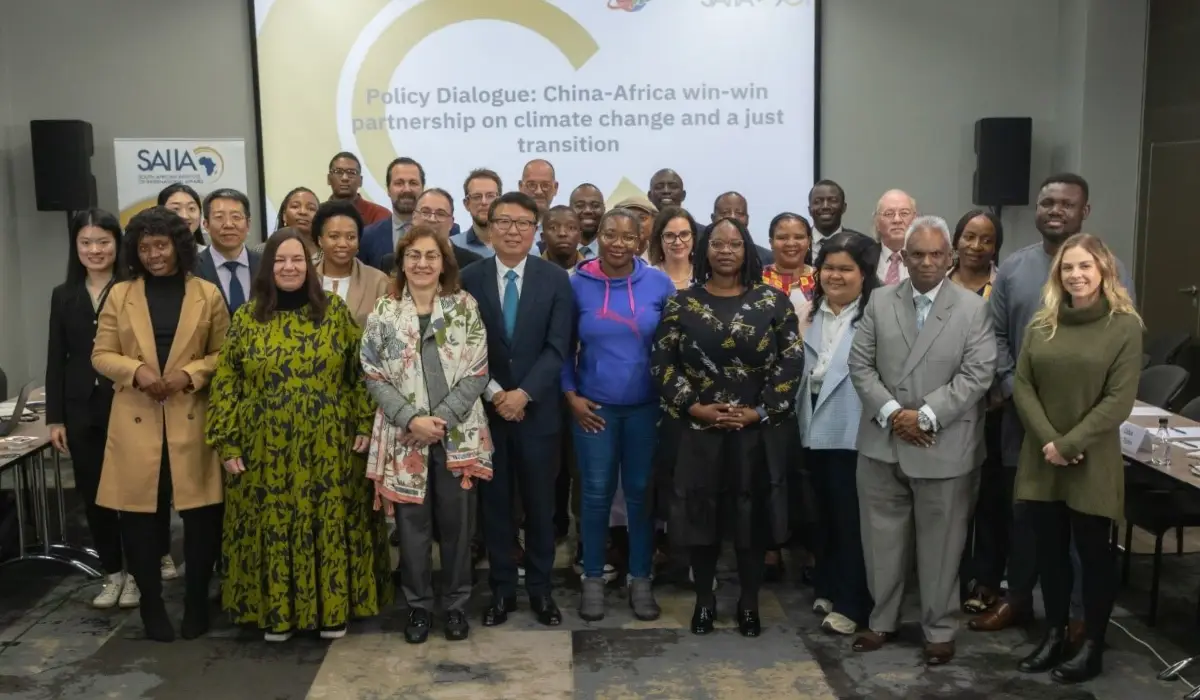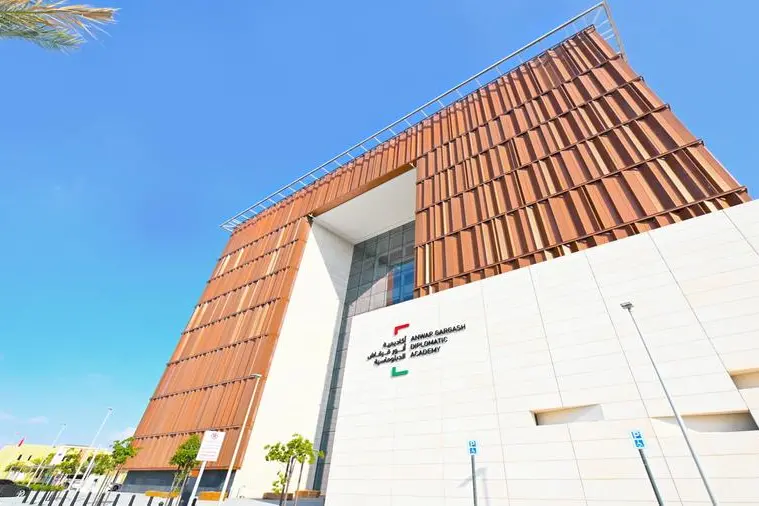On the 15th of August 2024, the South African Institute of International Affairs (SAIIA), in collaboration with the Chinese Embassy in South Africa, hosted a policy-dialogue event exploring strategies in which Africa and China can increase bilateral cooperation and policy development around a just-transition and climate change.
The dialogue, held at the Capital Maine Hotel Menlyn, Pretoria, brought together experts and stakeholders from African regional organisations and the Chinese Embassy to engage on the role of Africa-China cooperation in addressing climate change and driving a just and equitable energy transition. Key presentations on climate change and China-Africa relations were presented by experts which included, Chinese Ambassador to South Africa, H. E. Wu Peng; Dr Cobus van Staden; and Mr Alex Benkenstein representing SAIIA. The event also included representatives from AUDA-NEPAD, and the African Development Bank (AFDB). Representatives included, Dr Olufunso Somarin, regional officer at the AFDB and Simbini Tichakunda who is a principal programme officer at AUDA-NEPAD.
The policy dialogue aimed to prepare Chinese and African stakeholders for the upcoming Forum on Chinese Africa Cooperation (FOCAC) Summit. Some major points discussed included using climate change as a way to enhance cooperation between China and Africa, and increasing African market access to critical minerals. The focus was not only on extraction and processing, but also on actively participating in the finance and supply chain processes of renewable energy product manufacturing, with the goal of developing green industries in Africa..
ACCORD remains active in forums and events whereby transnational issues such as climate change pose great concern and risk to regional development and conflict. Therefore, developing capacity and facilitating knowledge exchange and sharing remain critical pillars of ACCORD’s mandate and incentive for participating in ongoing policy dialogue and knowledge-sharing events.







